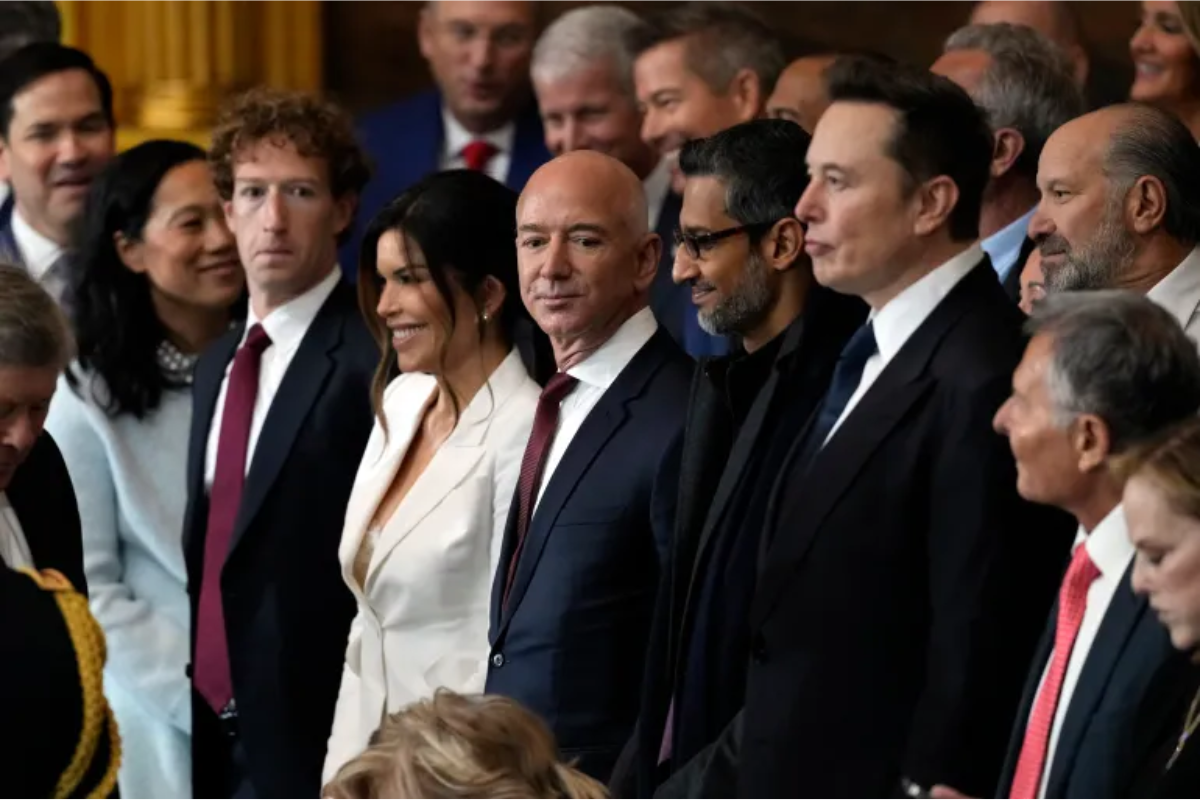With Democrats out of power in 2025, their influence on regulating Big Tech faces new challenges. While the Republican-led government is expected to focus on economic growth and deregulation, Democrats are committed to more vigorous oversight of major tech companies.
Democrats have long advocated for stricter regulations on Big Tech, citing concerns about privacy violations, misinformation, and monopolistic practices. Although they no longer control the White House, they continue to seek legislative changes to rein in companies like Google, Facebook, and Amazon.
However, the Republican majority in Congress poses a significant hurdle to passing new tech regulations. With Republicans generally favoring deregulation, pushing through laws to curb Big Tech’s power will be difficult for the Democrats, especially without significant bipartisan support.
To navigate this challenge, some Democrats are turning to state governments and advocacy groups for action on tech issues. Local policies focusing on data privacy and combating misinformation may serve as an alternative way to make progress where federal legislation struggles.
Despite their diminished power in Washington, Democrats still have considerable sway over public opinion. Advocacy for tech regulation resonates with a large portion of the electorate, particularly those concerned about personal privacy and the growing influence of major tech companies.
This public pressure could drive Big Tech to adjust its practices, even without direct government action. As voters continue to express concerns, tech companies may face increased scrutiny and potential changes to how they operate, regardless of the political landscape in Washington.
Democrats also remain active in legal battles, particularly around antitrust issues and privacy laws. Even without federal legislative victories, they will likely push for judicial challenges to Big Tech’s dominance, using the courts to advance their agenda.
Some tech experts argue that state-level regulation is a step forward but cannot replace comprehensive federal laws. These experts caution that without uniform rules, tech companies might navigate a patchwork of regulations, undermining the effectiveness of local efforts.
Though their ability to enact significant reforms is limited, Democrats’ ongoing advocacy for tech regulation highlights the public’s concerns about Big Tech’s societal role. Issues like data privacy, fake news, and corporate monopolies are increasingly important to voters, creating constant pressure for reform.
Ultimately, the future of Big Tech regulation may depend on shifting public sentiment and Congress’s willingness to take action. Even with a Republican-controlled government, continued Democratic efforts may influence how lawmakers approach tech oversight in the coming years.
While significant regulatory change may be delayed, Democrats’ growing push reflects a broader desire for accountability in the tech sector. As the debate over Big Tech’s power intensifies, both parties may find themselves forced to confront these issues, which will shape the future of technology in the U.S.




